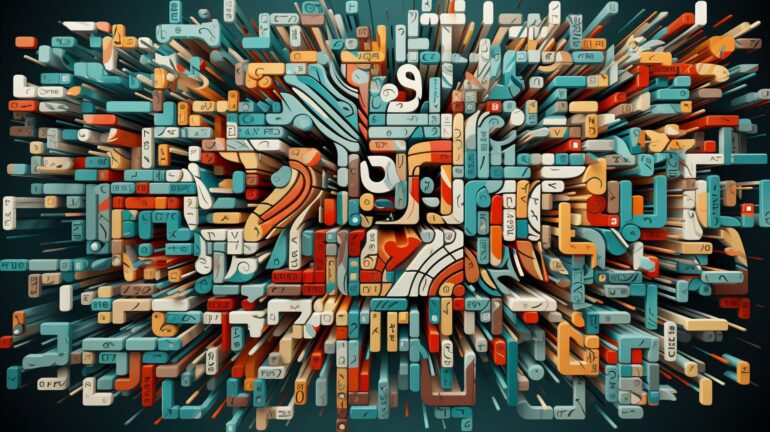TL;DR:
- Large language models (LLMs) accelerate text production and can mimic individual writing styles.
- A study explores the human perspective of authorship in AI-generated content.
- Participants’ perceived ownership of text depends on their level of engagement in the writing process.
- Authorship declarations do not always align with actual content creation, similar to traditional ghostwriting.
- Transparent authorship declarations are crucial for maintaining credibility and trust in AI-generated content.
Main AI News:
In today’s rapidly evolving landscape of artificial intelligence, large language models (LLMs) have revolutionized text production across various industries. Remarkably, when these LLMs are exposed to samples of our distinct writing styles, they can craft content that seamlessly mirrors our own linguistic nuances. In essence, they serve as AI ghostwriters, deftly generating text on our behalf, sparking a profound examination of authorship and ownership dynamics.
Addressing the human perspective rather than the legal aspects, a groundbreaking study led by media informatics expert Fiona Draxler at LMU’s Institute for Informatics delves into the intriguing realm of AI-driven ghostwriting. Recently published in the prestigious journal ACM Transactions on Computer-Human Interaction, this study unravels the intricate facets surrounding the coexistence of humans and AI in the creative process.
Draxler elucidates, “When an LLM draws upon my unique writing style to produce text, to what extent can I lay claim to it? Does it genuinely reflect my authorship? Do I assert myself as the creator?“
To explore these enigmatic inquiries, a team of researchers and human-computer interaction experts designed an experiment. Participants were tasked with composing postcards, both with and without the assistance of a personalized AI language model, tailored to their distinctive writing styles. Subsequently, they were requested to publish these postcards through an upload form, accompanied by additional information, including the attributed author and a title.
Professor Albrecht Schmidt, co-author of the study and Chair of Human-Centered Ubiquitous Media, elucidates, “The participants’ perception of ownership over the postcards was directly correlated with their level of engagement in the writing process. Those who composed the text themselves exhibited a profound sense of ownership, whereas those relying entirely on LLM-generated content displayed a diminished sense of authorship.”
However, intriguingly, perceived ownership did not invariably align with declared authorship. In several instances, participants credited themselves as the authors of postcards, even when they had neither authored nor felt a genuine connection to the content—a phenomenon reminiscent of conventional ghostwriting practices, where the nominal author is distinct from the actual content creator.
Draxler emphasizes, “Our findings underscore the challenges we must confront as we increasingly rely on AI-generated text through personalized LLMs, both in personal and professional contexts. The absence of transparent authorship declarations or bylines can raise doubts regarding the AI’s contribution to the text, potentially eroding its credibility and reader trust. In a society already grappling with the scourge of fake news and conspiracy theories, transparency becomes paramount.”
In light of these revelations, the study’s authors advocate for the implementation of straightforward and user-friendly methods for declaring individual contributions, incentivizing transparency throughout the text generation process. This shift promises to enhance the integrity and accountability of AI-generated content in an era marked by the pervasive influence of artificial intelligence.
Conclusion:
The study underscores the importance of transparent authorship declarations in AI-generated content. As the market increasingly relies on personalized LLMs for text generation, addressing ownership complexities and ensuring credibility will be vital for maintaining trust and integrity in content creation. Businesses should prioritize implementing user-friendly methods for declaring individual contributions to enhance accountability in the evolving landscape of AI-driven content creation.

